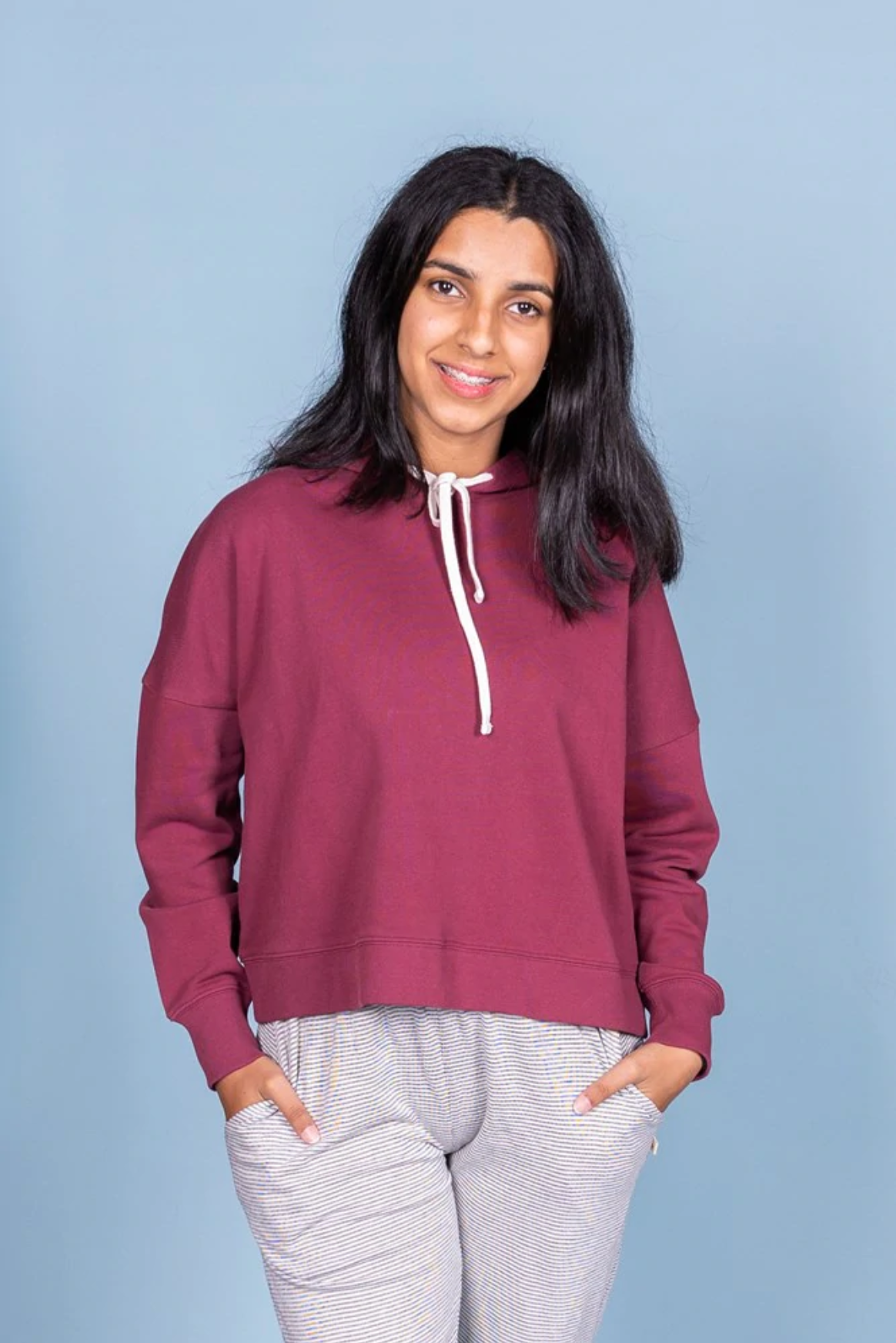Welcome, conscious consumers and eco-enthusiasts, to another insightful exploration into the world of sustainable fashion and ethical choices. Today, we're delving into the tangled web of polyester. The synthetic fiber which has woven its way into our wardrobes, offering affordability and versatility, but at what cost?
Polyester, is a synthetic fiber, which first started being used in clothing in the mid-20th century. Its use in textiles can be traced back to the early 20th century, but it wasn't really until the 1940s and 1950s that polyester fabrics first began to be commercially produced and used in clothing on a large scale. The post-World War II era saw a surge in the popularity of synthetic fibers like polyester due to their affordability, durability, and versatility.
The number of garments produced annually has doubled since 2000 and now exceeds 100million per annum! Polyester has become one of the most widely used fibers in the textile industry and is estimated to be around 60% or more of global apparel production.
Polyester is derived from petrochemicals. Its production process is energy-intensive and contributes to greenhouse gas emissions. Its durability and wrinkle-resistant properties may seem like a boon, but they come at a cost. Every wash cycle releases tiny plastic fibers into our waterways, posing a threat to aquatic ecosystems and proven to be finding their way back into our food chain! It's a sobering reminder of the interconnectedness of our choices and their far-reaching consequences.
Recycled polyester, though often viewed as a more sustainable option than its virgin counterparts, presents its own unique challenges. Issues including chemical usage in the recycling process, energy consumption during collection and processing, microfiber shedding during washing, difficulties in ensuring transparent and ethical supply chains, and limited end of life solutions all need to be considered.
Recycled polyester used in clothing is also problematic from a circularity perspective. The majority of recycled polyester uses bottles which actually limits the beverage industry from using its own product in an infinitely recyclable loop. This creates a false sense of sustainability while perpetuating a linear model of consumption. Although recycling polyester can help divert plastic waste from landfills, it isn’t necessarily keeping it out of landfill for long and it’s also diverting something that could otherwise be used in a more circular loop within the beverage industry anyway. Given the majority of clothes made from recycled polyester that ultimately end up in landfill its worth querying if recycled polyester claims are indeed sustainable or simply greenwashing.
Ultimately polyesters (recycled or otherwise) prevalence in fast fashion perpetuates a cycle of exploitation, with garment workers often subjected to poor working conditions and small wages. As conscientious consumers, we must question the true cost behind the convenience of disposable fashion. Polyester may be deeply ingrained in our closets, but it's time to rethink our relationship with this synthetic fabric.
So, what's a conscious consumer to do in the face of this polyester predicament? Fear not, for alternatives abound. Limit your polyester consumption (including recycled) wherever possible. Consider how you wash and wear any polyester items (spot wash or wash infrequently where possible) and gently care for these items by repairing and re-homeing where possible. Consider replacing with natural alternatives when they reach end of life and where appropriate.
Until next time, stay curious, stay conscious, and stay stylish!
https://changingmarkets.org/report/synthetics-anonymous-fashion-brands-addiction-to-fossil-fuels/
https://fashionunited.com/global-fashion-industry-statistics










Leave a comment (all fields required)